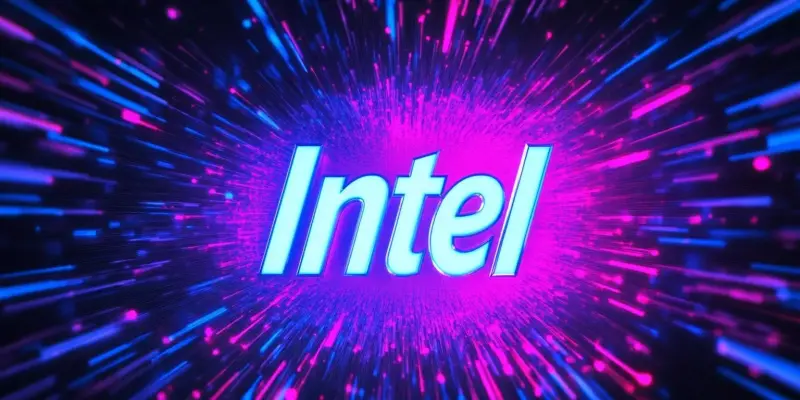As the gaming landscape continues to evolve, Intel’s XeSS (Xe Super Sampling) technology has made notable strides, expanding its support to over 150 games. This growth indicates significant adoption since its initial release over two years ago. However, despite these advancements, Intel’s XeSS technology still faces challenges in matching the market penetration and performance of its competitors, notably AMD’s FSR and NVIDIA’s DLSS. While the technology shows promise, ensuring widespread use and competition requires significant efforts in performance enhancement and game support.
The majority of the games incorporating XeSS currently utilize the initial 1.0 version. Noteworthy advancements have been made with the newer iteration, XeSS 2.0, which is seeing implementation in titles such as F1 2024 and Marvel Rivals. The gaming community eagerly anticipates upcoming titles like Assassin’s Creed Shadows and Killing Floor 3, which are expected to showcase XeSS 2.0’s capabilities. Despite these advancements, Intel’s XeSS still plays catch-up with NVIDIA and AMD in terms of both performance metrics and adoption rates.
In addition to advancing its core XeSS technology, Intel has introduced XeSS Frame Generation, aiming to provide gamers with an even more enhanced visual experience. This technology, which mirrors similar offerings from AMD and NVIDIA, currently remains limited in its availability, exclusively supporting Intel’s own Arc Battlemage GPUs. The relative scarcity of these GPUs in the market presents a hurdle, inhibiting the widespread adoption of Intel’s more advanced graphics enhancements. Expanding the availability and compatibility of XeSS Frame Generation will be crucial for Intel to gain a more competitive position.
Intel continues to focus on improving its position within the GPU market, with ongoing efforts to enhance and expand XeSS technology support across more game titles. Such initiatives will be fundamental in driving broader acceptance and usage of Intel’s graphics technologies. The gaming sector is closely watching Intel’s moves, especially with the anticipated increase in XeSS 2.0-supported games and the potential impact of the Arc Battlemage GPUs. As Intel continues these efforts, the true test will be in achieving the level of performance and market reach that its competitors currently enjoy.

